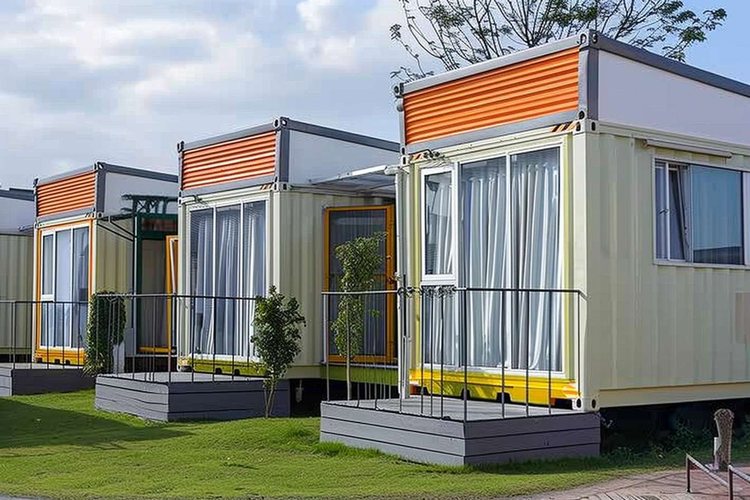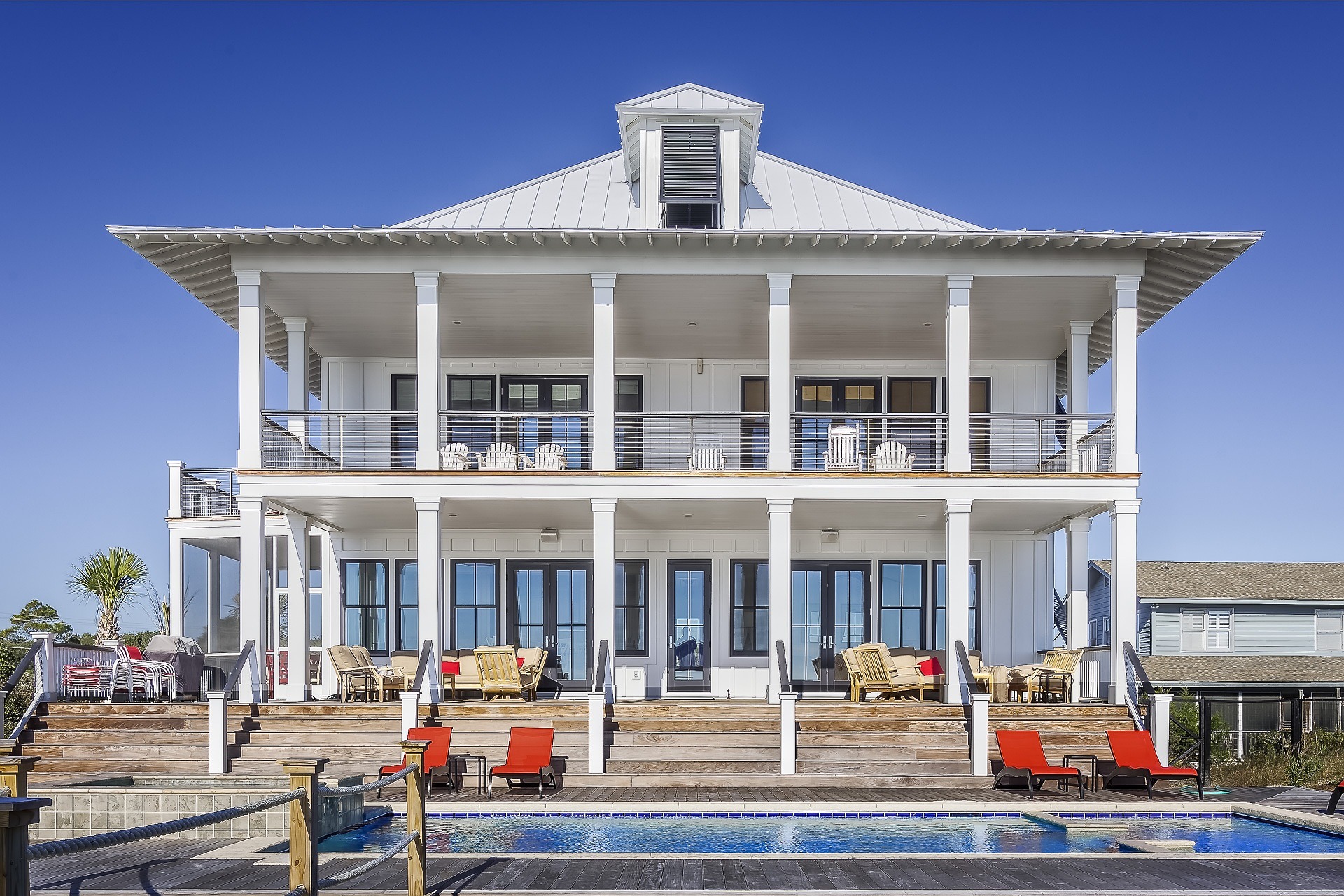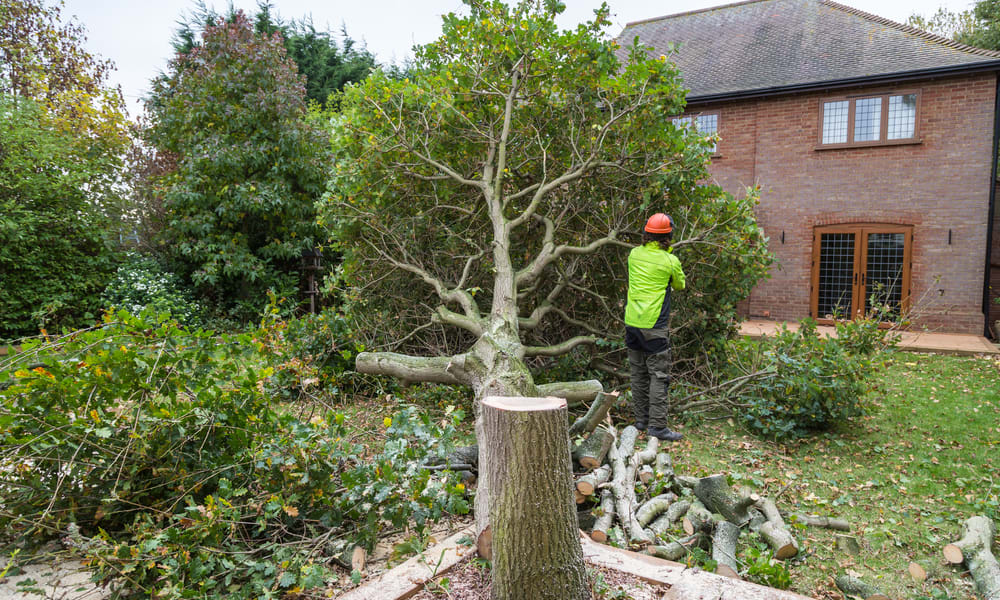Screwless Dental Implants and What They Might Cost
Screwless dental implants offer a different attachment method that may affect comfort and long-term fit. This overview looks at how pricing can vary with full mouth options the pros of screwless models and what to consider when comparing permanent dental implant costs.

What Are Screwless Dental Implants?
Screwless dental implants, also known as cement-retained or adhesive-retained implants, represent a departure from traditional screw-retained systems. Instead of using screws to attach the crown or prosthetic tooth to the implant post, these systems rely on dental cement or specialized adhesives to secure the restoration. The implant post itself is still surgically placed into the jawbone, but the final restoration process differs significantly from conventional methods.
These systems often feature a smooth, tapered design that allows for easier insertion and potentially reduced trauma to surrounding tissues. The absence of access holes for screws also means the crown can have a more natural appearance, as there are no visible screw channels that need to be filled with composite material.
Benefits of Screwless Implant Systems
Screwless implant systems offer several advantages that make them appealing to both patients and dental professionals. The primary benefit is improved aesthetics, as the absence of screw access holes allows for more natural-looking crowns, particularly important in the visible front teeth area. The smooth surface design may also promote better soft tissue healing and reduce the risk of bacterial accumulation around the implant site.
From a procedural standpoint, screwless systems can potentially reduce chair time and complexity during the restoration phase. The cementation process is often more straightforward than precise screw tightening, and there’s no risk of screw loosening over time, which can occur with traditional implants. Additionally, some patients report less post-operative sensitivity with screwless systems, though individual experiences may vary.
Understanding Full Mouth Dental Implant Costs
Full mouth dental implant restoration represents a significant investment in oral health, with costs varying considerably based on the chosen system and complexity of the case. Screwless implant systems for full mouth rehabilitation typically range from $40,000 to $80,000 CAD per arch, depending on the specific technology used and the number of implants required.
The total cost includes multiple components: the surgical placement of implants, abutments, temporary restorations, final prosthetics, and follow-up care. Full mouth cases often require 4-6 implants per arch for screwless systems, with some advanced protocols using as few as 4 implants to support an entire arch of teeth. Geographic location within Canada also influences pricing, with major urban centers typically commanding higher fees than smaller communities.
Comparing Different Implant Options and Costs
| Implant System Type | Provider/Brand | Key Features | Cost Range (CAD) |
|---|---|---|---|
| Traditional Screw-Retained | Straumann, Nobel Biocare | Retrievable, widely used | $3,000-$6,000 per tooth |
| Screwless Cement-Retained | Various manufacturers | Better aesthetics, simpler restoration | $3,500-$7,000 per tooth |
| All-on-4 Screwless | Specialized clinics | Full arch on 4 implants | $25,000-$45,000 per arch |
| Mini Screwless Implants | Specific providers | Less invasive, lower cost | $2,000-$4,000 per tooth |
Prices, rates, or cost estimates mentioned in this article are based on the latest available information but may change over time. Independent research is advised before making financial decisions.
Factors Affecting Permanent Implant Costs
Several key factors influence the final cost of screwless dental implants beyond the basic system price. The patient’s bone density and quality significantly impact treatment complexity and duration, with some cases requiring bone grafting procedures that can add $2,000-$5,000 to the total cost. The number of implants needed, the type of restoration material selected, and whether temporary teeth are required during healing all affect the final investment.
Geographic location plays a substantial role in pricing, with dental practices in Toronto, Vancouver, and Calgary typically charging premium rates compared to smaller Canadian cities. The dentist’s experience level and specialization also influence costs, as oral surgeons and periodontists often command higher fees than general dentists. Additional factors include the need for sedation, the complexity of the case, and whether any preparatory treatments like extractions or gum disease therapy are required.
The choice of restoration material significantly impacts long-term costs and outcomes. While basic acrylic restorations may be less expensive initially, higher-quality materials like zirconia or porcelain-fused-to-metal typically offer better durability and aesthetics, potentially providing better long-term value despite higher upfront costs.
Screwless dental implants represent an exciting advancement in restorative dentistry, offering improved aesthetics and potentially simplified procedures compared to traditional screw-retained systems. While the initial investment may be substantial, particularly for full mouth rehabilitation, the long-term benefits of restored function, improved appearance, and enhanced quality of life make these systems worth considering. Patients should consult with qualified dental professionals in their area to determine the most appropriate implant system for their specific needs and budget, ensuring they receive personalized treatment recommendations based on their unique oral health situation.
This article is for informational purposes only and should not be considered medical advice. Please consult a qualified healthcare professional for personalized guidance and treatment.




